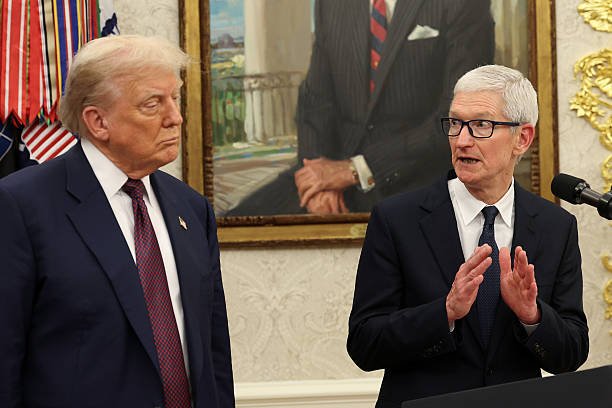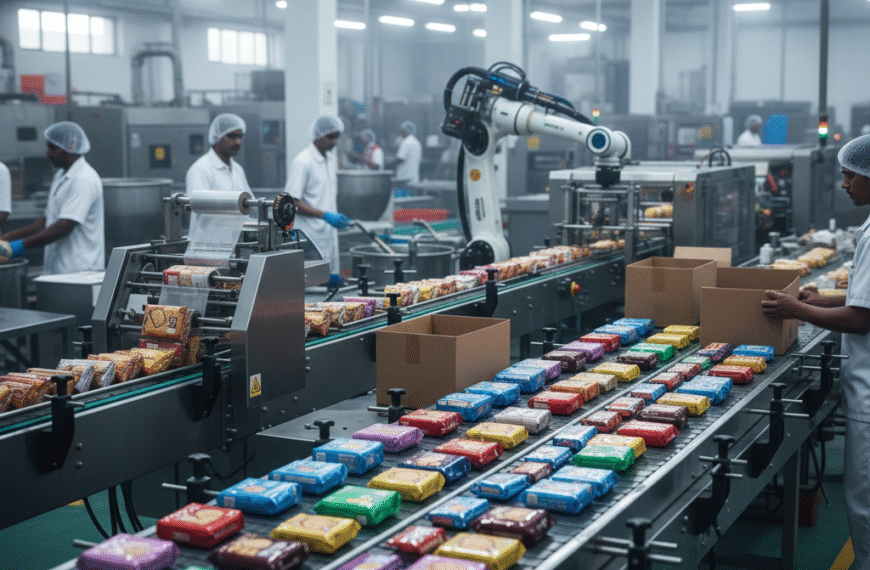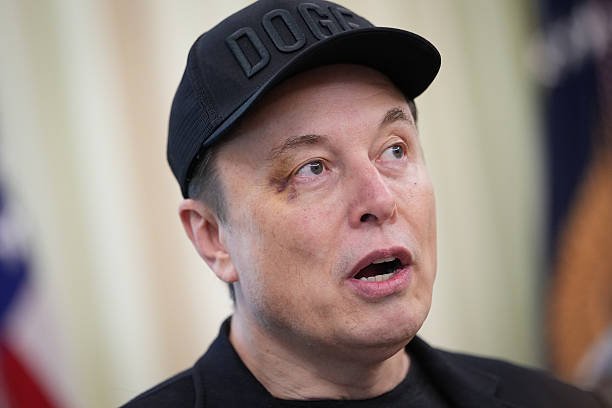Apple is set to invest an extra $100 billion in the United States, adding to its earlier $500 billion commitment. This new decision comes after increasing pressure from President Donald Trump, who has pushed for more manufacturing and job creation within the country.
Apple Responds to Tariff Threats
President Trump previously warned Apple that it could face major tariffs if it didn’t shift iPhone manufacturing to the US. Apple’s CEO Tim Cook responded by highlighting the company’s current investments in America and expressed a desire to do even more to avoid future trade penalties.
Trump confirmed the new investment in a White House event, stating that Apple would increase spending across its US supply chain. New plans include building data centers and setting up a smart glass production facility in Harrisburg, Kentucky. These parts will be used in iPhones and smartwatches.
The president praised Apple’s decision, saying the company would avoid a potential 100% tariff on semiconductors and chips. Trump added that other firms could do the same by investing locally.
Boost to US Manufacturing
Tim Cook stood alongside the president and confirmed that Apple’s previous US investments had already delivered results. He said the extra funding would increase production of key parts used in Apple devices around the world.
To mark the occasion, Cook gifted a custom-made glass statue to Trump, assembled on the Oval Office’s Resolute Desk.
Industry experts say that while moving Apple’s supply chain to the US would take time, this announcement could help the tech company avoid harsh tariff rules under the current administration. After the news, Apple shares jumped more than 5%.
Global Supply Chain Shifts
Apple has traditionally made most of its products in China. During Trump’s first term, the company avoided major tariffs by promising US investments in partnership with the White House.
However, the landscape changed in January when Trump launched a new wave of tariffs, adding 30% on Chinese-made goods. Apple quickly adapted by shifting some production to India and Vietnam, which currently face fewer trade restrictions.
Still, Apple paid over $800 million in border taxes between April and June and expects to pay another $1.1 billion in the coming months. Some product exemptions have helped, but rising tariffs on Indian goods are becoming a concern.
Tim Cook, speaking on a call with investors, highlighted other efforts, including a new manufacturing academy in Michigan and a $500 million deal to buy rare earth magnets from MP Materials, a US company backed by the government.
Long-Term Changes Will Take Time
Trump has repeatedly spotlighted major company investments to show support for his policies. However, analysts note that such announcements are often exaggerated and don’t always lead to widespread industry change.
Paolo Pescatore of PP Foresight said Tim Cook has skillfully steered Apple through uncertainty. Still, he pointed out that making every Apple product entirely in the US is not something that can happen overnight.






















